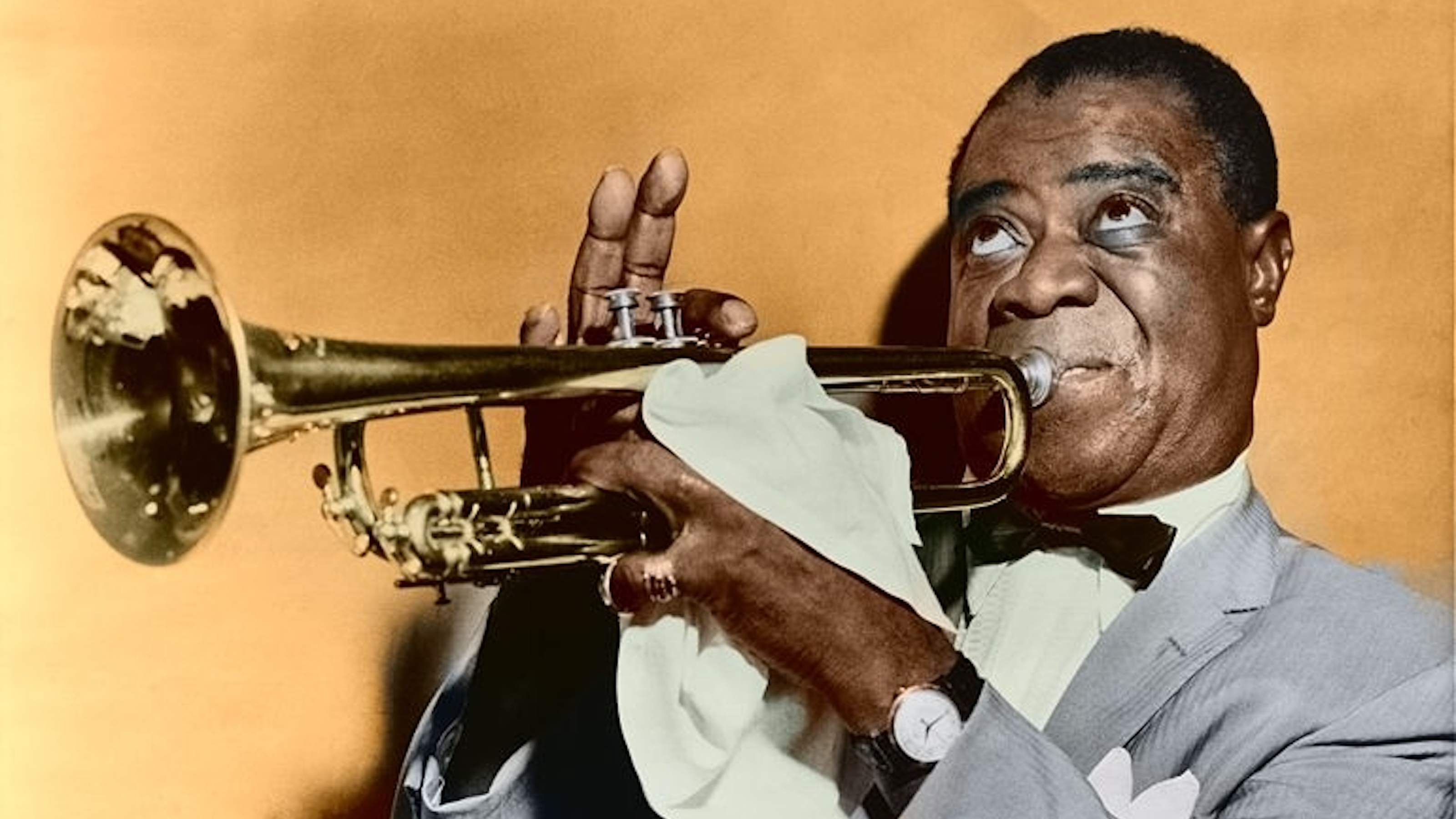It’s not about me, says Conant. It’s about what’s on the plate.
Question: What makes a great chef?
Scott Conant: Well, I- I think they’re two different jobs, being a good cook and being a good chef. Being a good cook, I think it requires a love of passion or it requires a- the understanding of integrity through food, kind of- kind of, you know feeling what this product is and respect for the product, obviously where the integrity falls into place. And it’s not just passion, you know, unfortunately. We’ve seen- all seen great artists who are friends, friends who are great artists in the city and they’re wonderfully passionate about it, but they can’t, you know, paint to save their life, and it’s-it’s a shame. And I think it’s- it’s a similar thing with cooks. To be a good chef, I think there’s a lot of management that’s involved. No one told me when I was going to school that 90% of my job would be diplomacy. So, you know, and instead- it’s- it’s become a very important part of my life, that, you know, to kind of spend time with- with my staff in order to kind of nurture that- you know, nurture whatever it is that they’re trying to pursue as well as get them on the same page with whatever philosophy you’re trying to pursue, and, you know, do it in a fun and- and upbeat and motivational way. I think that’s-- trying to instill that sense of- of purs- pursuit and pursuing something bigger than yourself within the confines of a kitchen, which is always somewhat difficult, you know, that’s one of the elements it takes to be a- a great chef. And I’m- I’m not saying I’m a great chef; I’m working on it and I’m working in it.
Question: How much of it is leadership?
Scott Conant: It’s all about leadership; it’s all about creating that vision and kind of saying, “This is where we’re going,” and then trying to take your entire team there. It’s- you know, my father used to tell me when I was a kid all the time, “You’re only as good as the people that you surround yourself with, and if, you know, you kind of hang around with people that- that may not have the same life that you envision for yourself, you know you’re gonna probably fall into that rut.” So it’s about really being that leader and finding that role and- and surrounding yourself with great people. I’m really, really blessed that I have a wonderful staff that I’ve already lined up at Scarpetta and that I’ve carried with me through different restaurants over the years.
Question: What have you learned?
Scott Conant: The one thing that I’ve- I’ve learned is that it’s not about me, and it’s not about my ego. It’s really about what’s on the plate and the satisfaction and happiness of the customer. And that-- I- I think the first time that it really kind of hit home-- you know, it- it’s a little- you know, it’s kind of jolting a little bit, you know, and it’s not about me; it’s about the customer. And that’s- and I think-- I really think I could justify a lot of things in my life because it is about that customer, yeah, so tough lesson sometimes. No ego left; <laugh> it’s gotten kicked out of me <laugh>.
Question: What do you make of the celebrity chef phenomenon?
Scott Conant: Well, I mean, who knew, right? I mean, it’s- who knew <laugh>? It’s fantastic. I mean, it’s- it’s interesting. I- I think back to guys like <inaudible> and- and, you know, the great, great chefs in history, and- and I don’t think they saw any of this coming. That’s- it’s kind of- it’s kind of crazy. It’s- it’s- it’s a different-- it just seems like there’s different jobs now; you have a different approach to your food. and a lot of chefs get a certain amount of credit for being completely undiplomatic. This- just know this is the way I do it, and that’s it. If you don’t like it, get out, and that’s- that’s- that’s fine. My intention is- is- is to just be as hospitable with- with clientele as possible. And if that relates to whatever- I mean, you know, a guy like Mario- look at Mario. I mean, he’s- he did this TV show years ago, and he’s just taken off. And Emeril- and I mean all the-- even Rachel Ray, you know. She’s not a chef; she’s a cook, but still, I mean, it’s-- and Giada, Tyler. It’s- it’s unreal; it’s unreal. I got no word for it, man. It’s pretty- it’s pretty- <laugh> it’s fascinating.
Question: Is it better or worse for the customer?
Scott Conant: You know it’s a good question, that’s a- that’s a good question. I- I often wonder what it’s- what it’s doing. I mean I find all too often when people-- when people bring up different chefs, the celebrity chefs, or- or media- you know, the media chefs who don’t necessarily have restaurants; some of them- or maybe some of them never worked in a restaurant, I- I don’t know if it’s necessarily good for the business or bad for the business. I’m not sure if it has an effect on what I do on a daily basis or- or not. It’s not necessarily teaching people about haute cuisine or about high-end food and all that kind of stuff. But, you know, not all food has to be high-end food. You know, my- the restaurant that I’m creating now, it’s- Scarpetta is essentially an- an Italian bistro. It’s a- it’s a casual- it’s a casual spot. And through it, like, let’s- let’s hope that- that clienteles are- that clientele and staff
remain somewhat open-minded towards different food and different styles that- that every chef has because it really is- everybody creates their own way, I guess. Every chef is the- as we cook and develop and grow and all this kind of stuff. Hopefully, you know, guests remain open to that.
Question: What do you make of Top Chef?
Scott Conant: <laugh> It’s a lot of drama on that show <laugh>. It’s kind of crazy. You know, I’m not- I’m not a drama guy, so reality TV isn’t- isn’t a really big part of my life. I am really shocked the following that that- that that show has. I mean, you know, Tom has really, I think, portrayed himself as the elder statesman and put himself in a wonderful position, and he’s really-- Tom Colicchio, I’m referring to-- and I think, you know, he’s- he’s doing a great job. He’s doing a great job kind of handling it like he’s-- I- I-- you know he- he reminds of a chess master a little bit on that show ‘cause, you know, I’ll watch it-- I can only watch it for five minutes because it’s too much drama; it makes me nervous. I- I deal with it all day at work. So <laugh> he’s kind of like a chess mas- master. He kind of watches the pieces move and they fall where they will, and, you know, at the end he’s- he’s always, you know, the wise, knowledgeable one- <laugh> zen master of sorts <laugh>.
Recorded on: 03/24/2008





